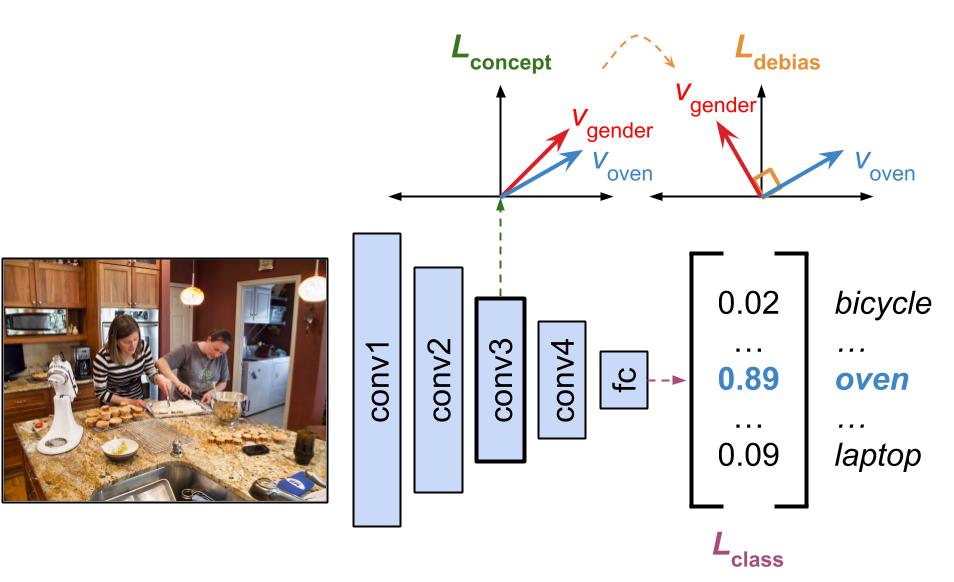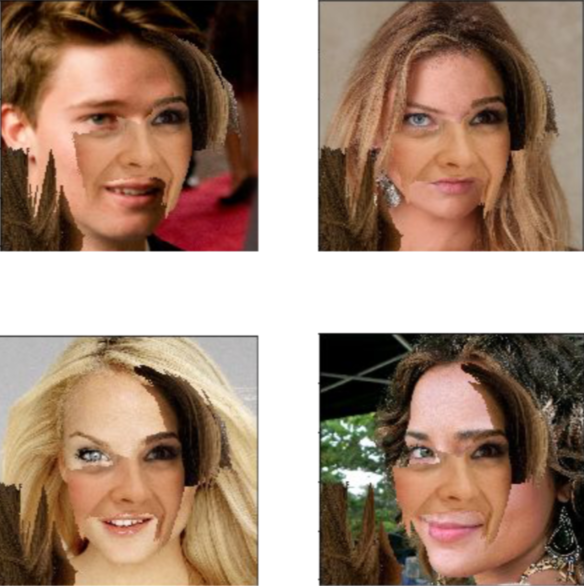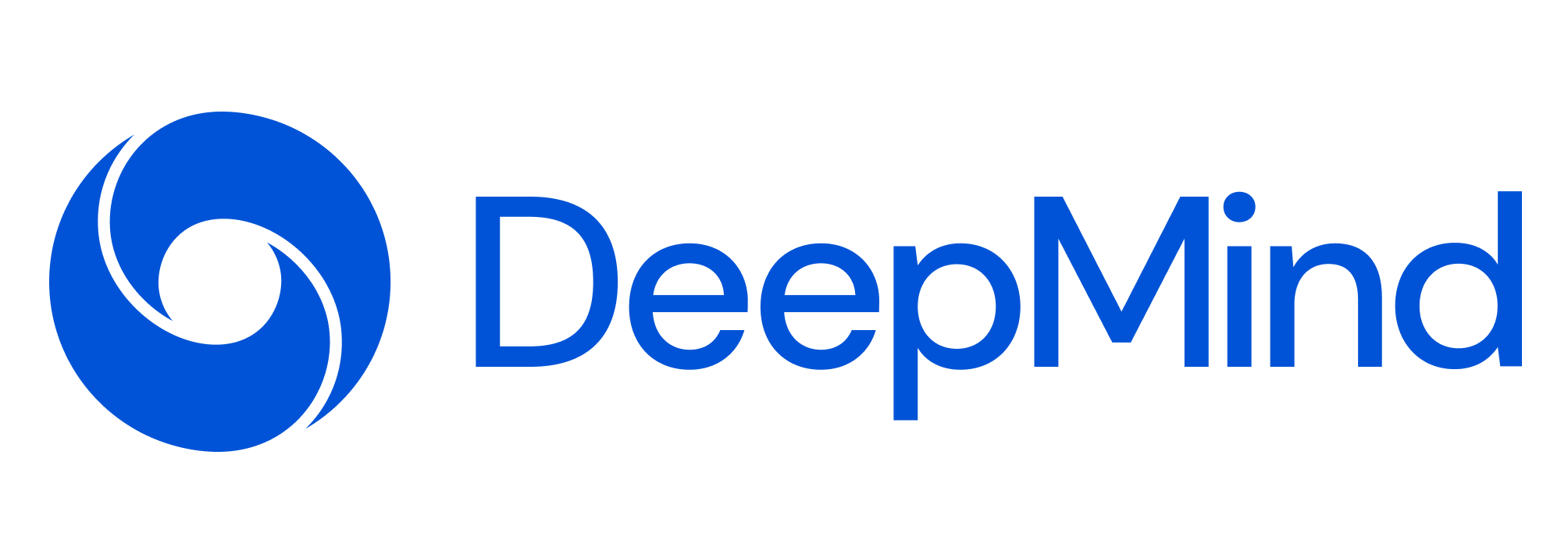|
I graduated with an MS in Computer Science at UT Austin, where I worked on interpretability and bias of deep learning. I had the pleasure of being advised by Professor Qiang Liu and Dr. Ruth Fong. I also completed my undergraduate studies at UT, double majoring in Computer Science and Mathematics, and acted as a competition organizer for UT Machine Learning and Data Science. Previously a Software Engineer at Facebook AI Applied Research working on algorithmic fairness, and lead Research Scientist at Protopia AI working on data privacy for deep learning. Currently a Research Engineer at Google DeepMind working on applying multimodal large language models. Email / CV / GitHub / LinkedIn / Google Scholar |

|
|
My research interests revolve around understanding deep neural networks, specifically interpretability and bias mitigation. |

|
Kurtis Evan David, Qiang Liu, Ruth Fong NeuRIPS, 2020 Workshop on Algorithmic Fairness through the Lens of Causality and Interpretability (AFCI) arXiv / poster / code / thesis (full version) We show that we can recreate early work in debiasing word embeddings within convolutional neural networks using an extra meta step. We evaluate on a multitude of conditions and show it to be competitive to adversarial debiasing methods. |


|
Kurtis Evan David, Harrison Keane, Jun Min Noh arXiv, 2019 arXiv / code / slides To increase trust from model agnostic anchors, we instead conditionally sample backgrounds generated from a generative adversarial network, rather than random images from the dataset. We address additional complexity of our method through a diverse encoder, and show that our explanations can lead to smaller and higher precision anchors. |
|
|

|
July 2023 - Present Applied Multimodal Multimodal Large Language Models. |

|
Dec 2021 - June 2023 Research and Development Led the research effort on applying core privacy preserving technology to new modalities including tabular data, visual data, and language. Architected core SDK enabling plug-in private training to PyTorch based models, and developed learning algorithms for efficient pareto-optimal optimization. |

|
Nov 2020 - Dec 2021 Responsible AI: Fairness and Inclusion Developed tools for measuring bias on large scale ML models. I supported novel research on our platforms, as well as privacy preserving methodologies. |

|
Summer 2020 Testing AI Team — Advised by Dr. Michael Warren Primarily worked on adversarial robustness of neural networks and understanding |

|
Summer 2019 Instagram Sharing ML Team — Advised by Christina Wadsworth Developed new Instagram Stories ranking models, balancing Direct and Stories metrics. Deployed IG
share sheet rankings with significant gains, and tested Direct caching. Lastly, implemented
|

|
Summer 2018 Monetization Ranking Team — Advised by Dr. Qinqin Zhu Incorporated new user side NLP features into the feed ads ranking model. Explored possible connections between user and ads side features to increase metrics. Implemented a new pooling layer into their models, pushed to open source. |

|
Summer 2017 Internal Audit Data Science Team — Advised by Scott Nelson Built an anomaly detection model for internal audits using PCA and Isolation Forest. Running an automated proof-of-concept supervised learning model for future continuous audits that achieved an F1-score of .93 with .08% anomalies (100 of 120K). Additionally supported a document analysis tool that found similarities between two specification documents using a bag-of-words implementation. |
|
|
Summer 2016 UT School of Biomedical Informatics — Advised by Dr. Trevor Cohen Analyzed the relationship between cancer drug sensitivity data and their reported side effects, scraped from the FDA’s Adverse Event Reporting System database. Developed an organ level side effect classifier for novel cancer drugs. |
|
|
| July 2022 | The Interplay of Pillars in Responsible AI | Valkyrie AI |
|
|
|
Spring 2020
Fall 2019 Spring 2019 Spring 2018 |
EE460J Data Science Laboratory
EE461P Data Science Principles EE461P Data Science Principles CS429H Computer Organization and Architecture |
Teaching Assistant
Teaching Assistant Undergraduate Teaching Assistant Undergraduate Teaching Assistant |
|
Legendary website template from Jon Barron. |